The Gun Club – Fire of Love (1981) – a Review by Joshua Reedy
Written by Staff on October 14, 2023
The Gun Club – Fire Of Love
(1981)
My copy: reissue from unknown year by Munster Records.
Being a fervent student of punk, rockabilly and blues, Jeffrey Lee Pierce took it upon himself to arrange a shotgun wedding of the three styles. While punk spawned largely in post-blues exhaustion, the two genres showed more in common than most would give them credit for in the 70s and 80s. Pierce could see how deep, emotional blues riffs fit nicely into shorter, more repetitive punk frenzies, though the writing on Fire Of Love is also impressively intelligent, and pulls punches at the perfect moments.
“Sex Beat” starts with tense chords, working itself into knots over Pierce’s forceful and dystopian characterizations. The first track denies any traditional chorus, instead setting its focus on relative sparsity (for punk) and splintering aggression (for blues). In case you were still doubting the connection, Pierce even includes a cover of Robert Johnson’s “Preaching Blues,” here used to demonstrate The Gun Club’s discipline, with the guitar stripping and dropping out between blasting riffs. Pierce’s vocal style is also unique, from his freaky, soft falsettos to barrelled shouts, he’s somewhere between agitated drunkard and a self-aware smooth talker.
The signature slide guitar is well utilized with a dim violin on “Promise Me” which dips into remorseful melodies over Pierce’s softest performance. Where “Sex Beat” subverts typical vocal melodies, “She’s Like Heroin To Me” fully basks in them, dialing up the rockabilly swagger to eleven. The production is tipped with just enough distortion to give the drums a bitter crunch, launching choruses far enough to land them in maniacal territory. The rhythm section gets more love on the longer “For The Love Of Ivy” where quiet vocal plotting is pitched against dissonant peaks in true blues manner. The lyrics here invite modern controversy, doing it a year before Mark E. Smith’s “The Classical,” as Pierce indulges in a rather malignant usage of the n-word. Being a man of mixed background who owes much of his passion for music to African Americans, this one is often dismissed more readily than The Fall’s use given that Pierce is more obviously playing a caricature of a loathsome southerner, though the line has not aged particularly well (and is used again later).
“Fire Spirit” is fun but isn’t as catchy as the careening bounce of “Ghost On The Highway” and therefore feels rather redundant. “Jack On Fire” turns an assault of slide guitar into simple bent repetition, the music bobbing all about like a drunken cowboy ranting from horseback – occasionally galloping but never sitting straight. Muted southern rock plays across rolling drums on “Black Train” where Pierce once again switches on his lecherous racist persona. “Cool Drink Of Water” unfolds patiently, like scene music for a backwater bar, tremolo eventually snarling with whining slide guitar as things go awry. The punk inspired rhythms of “Goodbye Johnny” threaten to overflow, instead holding off at the beck of Pierce’s heretical sermons. The record finally combusts into one final bend of chaos, denied a slow death by a harmonic glint.
Pierce’s malice is both undeniably infectious and questionable. His reckless demeanor and colorful language could be seen as ambitious satire or desperation to appear unhinged – either way, his unpredictability is key to the album’s personality. While the album does little to venture out sonically, its truer fusion of blues and punk is impressive and was highly progressive for the time. Fire Of Love is a swamp of both raging fury and tempered hatred; making lunacy seem so appealing that you’d swear the music was actually a communicable disease.
From Blue Cadet 3: A Music Blog by Josh R.
More from Joshua Reedy.
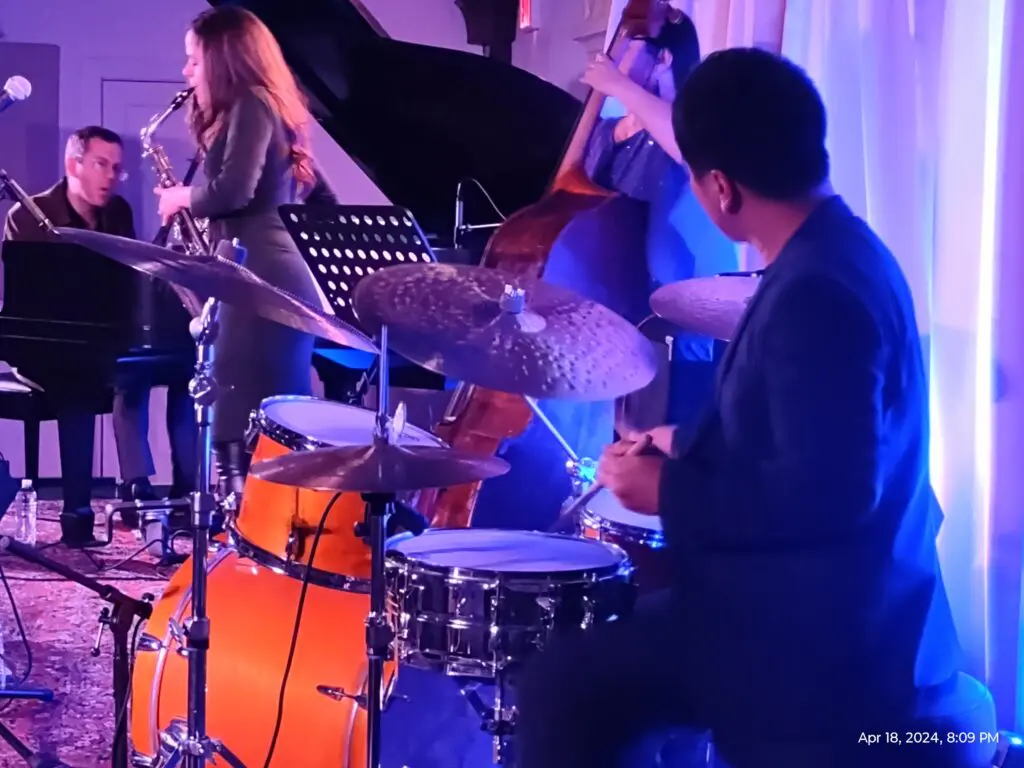
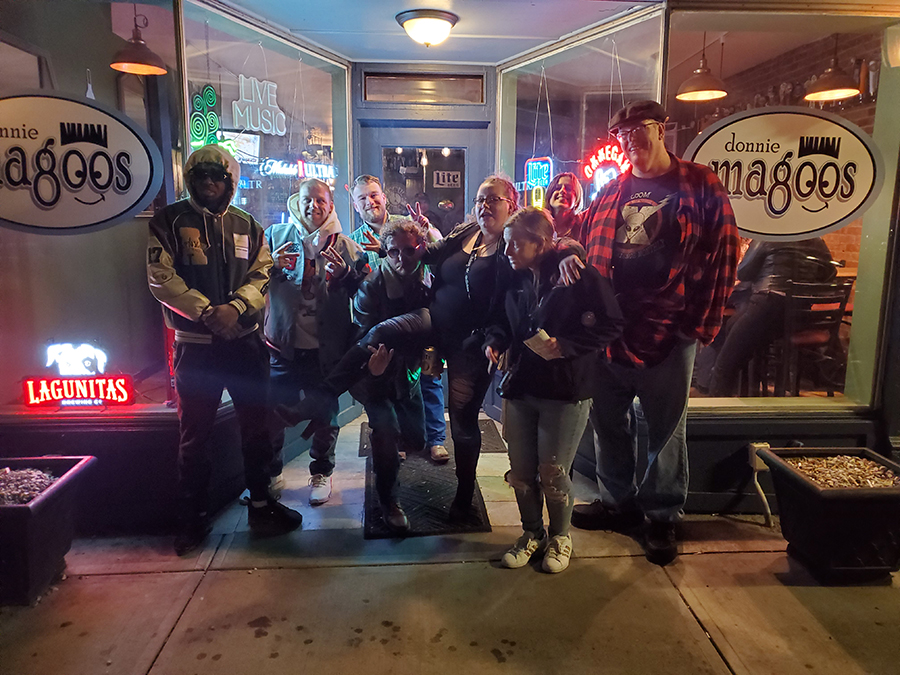
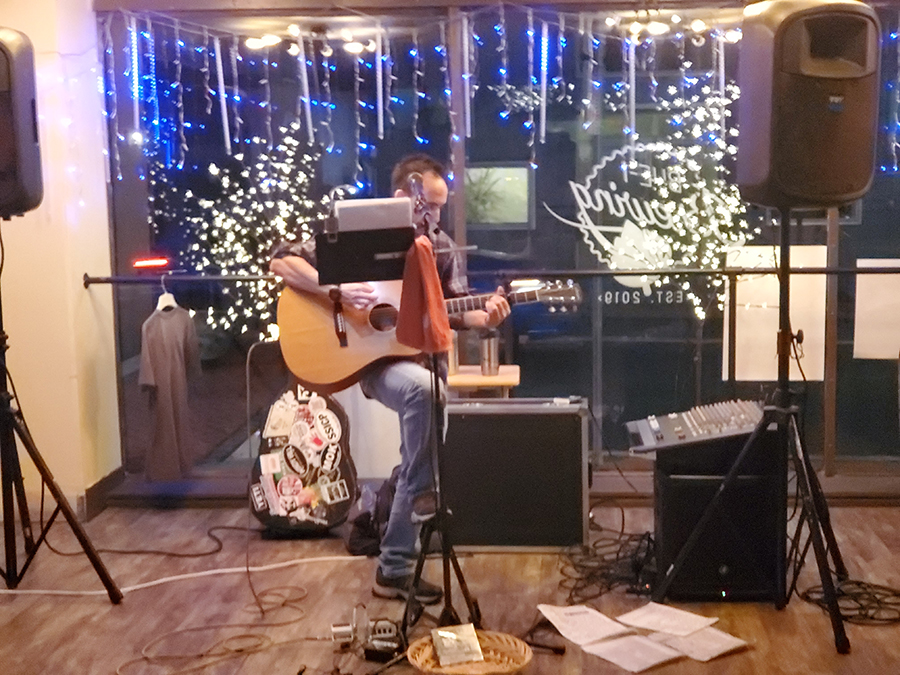
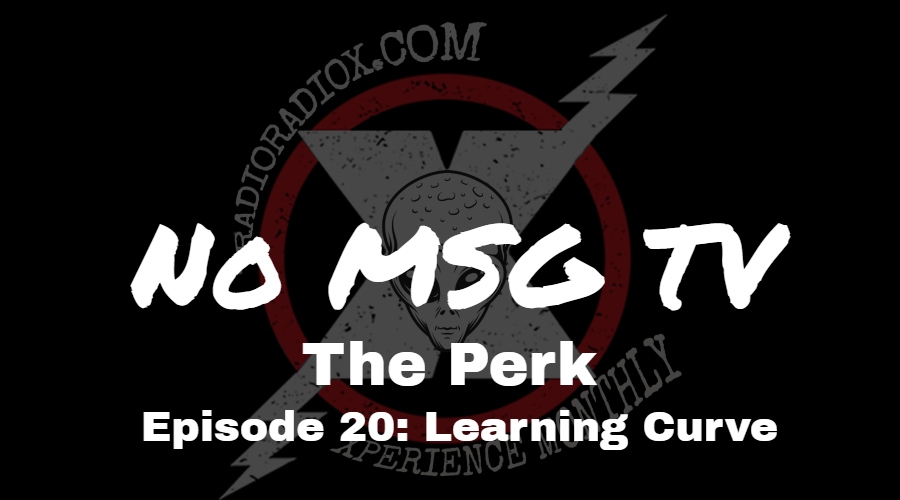
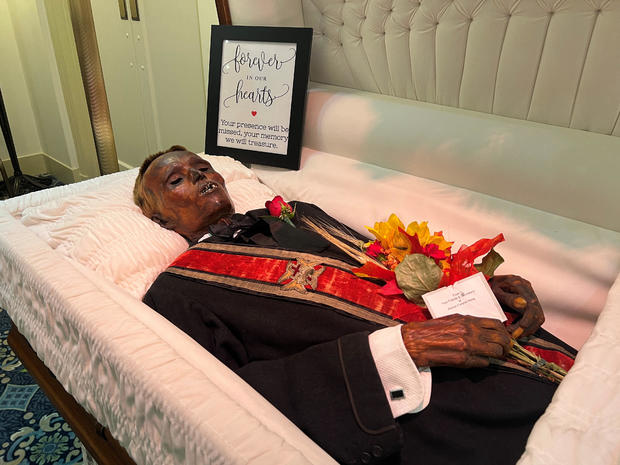
 RadioRadioX
RadioRadioX